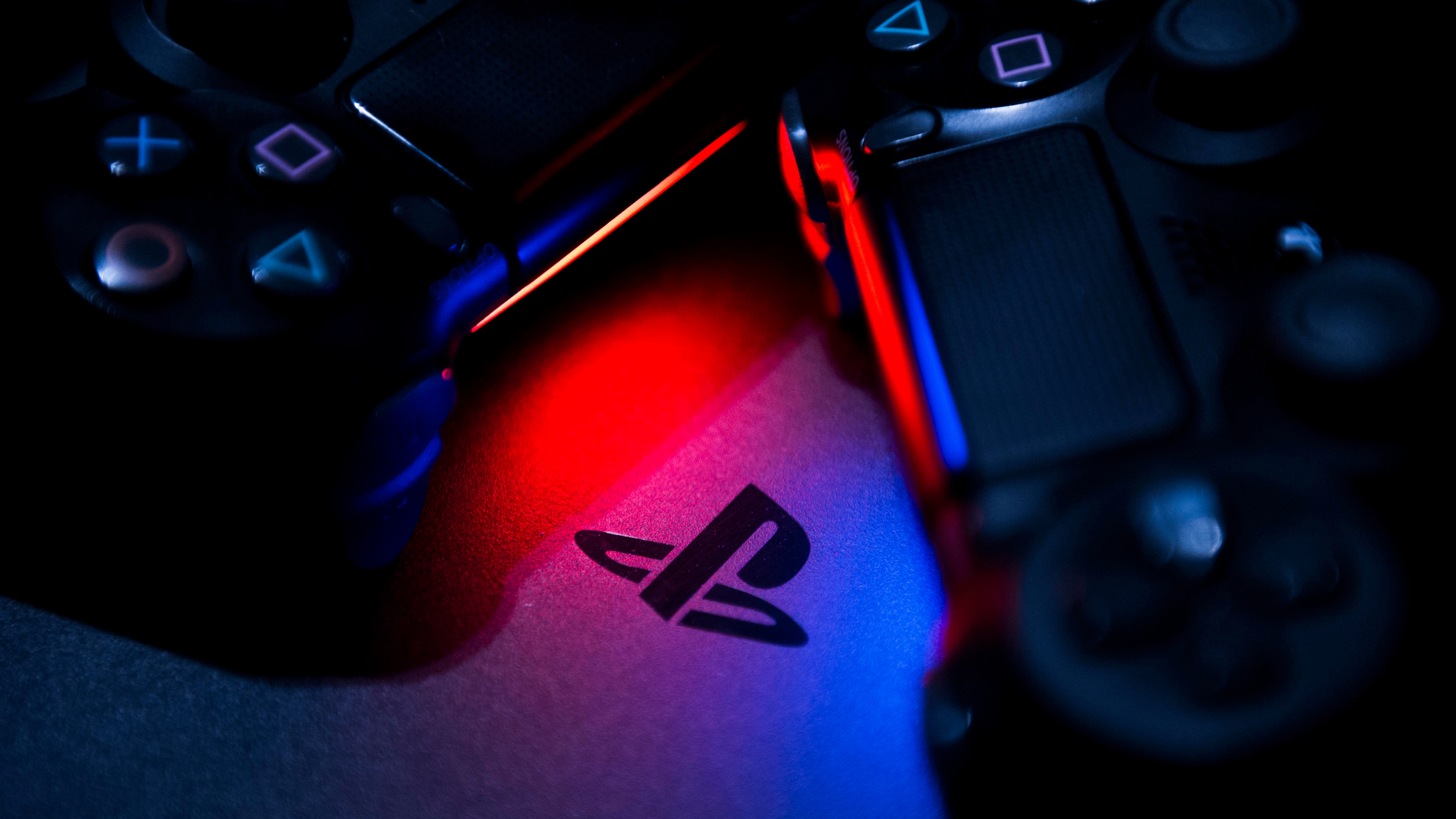Latest PS5 rumor claims it performs better than Xbox Series X, but we don't believe it
Better performance but lesser GPU? We don't think so

We may not know exactly what's under the hood of the PS5, but a new rumor is already suggesting that Sony's next-generation console will have better overall performance than the Xbox Series X. But we're not convinced.
The rumor comes via industry insider Tidux on Twitter, who claims that, while the CPU of the PS5 and Series X will be equal, the PS5 will have more RAM and a better SSD - making its performance better than Microsoft's next-gen console.
However, there's some inconsistency to this claim, as the Series X apparently has a better GPU, which is the key factor in any hardware's performance.
CPU PS5 = XSX GPU PS5 < XSX (less the 1TF)RAM PS5 > XSX (BW and size)SSD PS5 > XSX (Speed and size)Performance PS5 > XSXThis is what info i have gathered over the last few weeks. Final dev kits for PS5 are out.January 29, 2020
Something fishy
While Tidux has previously leaked PlayStation information correctly (such as the PS4's UI and features), to us, this new claim doesn't add up.
On the surface the assertion that the PS5 will be more powerful than the Xbox Series X stands up, after all there are two specs, SSD and RAM that are 'better'. However, upon closer scrutiny this claim kind of falls apart.
The leak suggests that the SSD is faster and more capacious on the PS5 than the Xbox Series X, and while that's definitely a cool feature, in our experience it doesn't make a huge difference in gaming. It might shave off a fraction of a second in loading times.
RAM bandwidth, which is suggested to be faster on the PS5, could make a pretty significant difference, but because both consoles are going to be running off of the same graphics and processing architecture, we wouldn't put much stock in that actually being the case. Likely, even if the PS5 does have more memory bandwidth, it would be so insignificant that it simply wouldn't matter at the end of the day.
Sign up for breaking news, reviews, opinion, top tech deals, and more.
And, the GPU is the most important factor here. Right now graphics horsepower is absolutely the most important factor when it comes to gaming performance. We obviously haven't been able to actually test any next-generation games ourselves, but we doubt that the GPU will stop being the most important aspect. Even in the face of less memory and a slower SSD, if the Xbox Series X is packing a stronger GPU, it will be potentially more powerful than the PS5.
Tidux does clarify that the difference in GPU performance is less than 1 teraflop. But, at least when it comes to FP32 (floating point 32-bit) performance, the Nvidia GeForce RTX 2060 and Nvidia GeForce RTX 2060 Super are just 0.73 teraflops apart, and the latter is around 16% faster. The RTX 2060 Super does have more memory bandwidth, to be fair. We still think that throwing around teraflops is a pretty awful way to measure GPU performance either way.
At the end of the day, we won't know how powerful the PS5 and Xbox X Series will be until they're actually in our hands. Because both consoles will be running off of the same AMD Navi and Zen architectures, it's unlikely there's going to be a huge disparity in performance either way, and at the start of the generation at least, games will be pretty indistinguishable between the two consoles.
We should hopefully know more soon

With the PS5 reveal rumored to take place in the near future, we should soon get a better idea of how accurate this information actually is. Although, we're not quite sure when Microsoft will show its hand spec-wise - maybe at E3 2020?
Until then, we can only really speculate on potential specs for the PS5 and Xbox Series X and how they will compare. Either way, we're expecting both to be absolute powerhouses.
- PS5 vs Xbox Series X: what we know so far
An award-winning games journalist, with seven years of experience in games journalism and a degree in journalism from City University, London, Vic brings experience from IGN, Eurogamer, The Telegraph, VG247, Dot Esports and more to the TechRadar table. You may have even heard her on the radio or speaking on a panel, as she’s previously appeared on BBC Radio 4, BBC Radio 5, BBC Radio Ulster and more. Not only is Vic passionate about games, but she's appeared on both panels and podcasts to discuss mental health awareness. Make sure to follow her on Twitter for more.